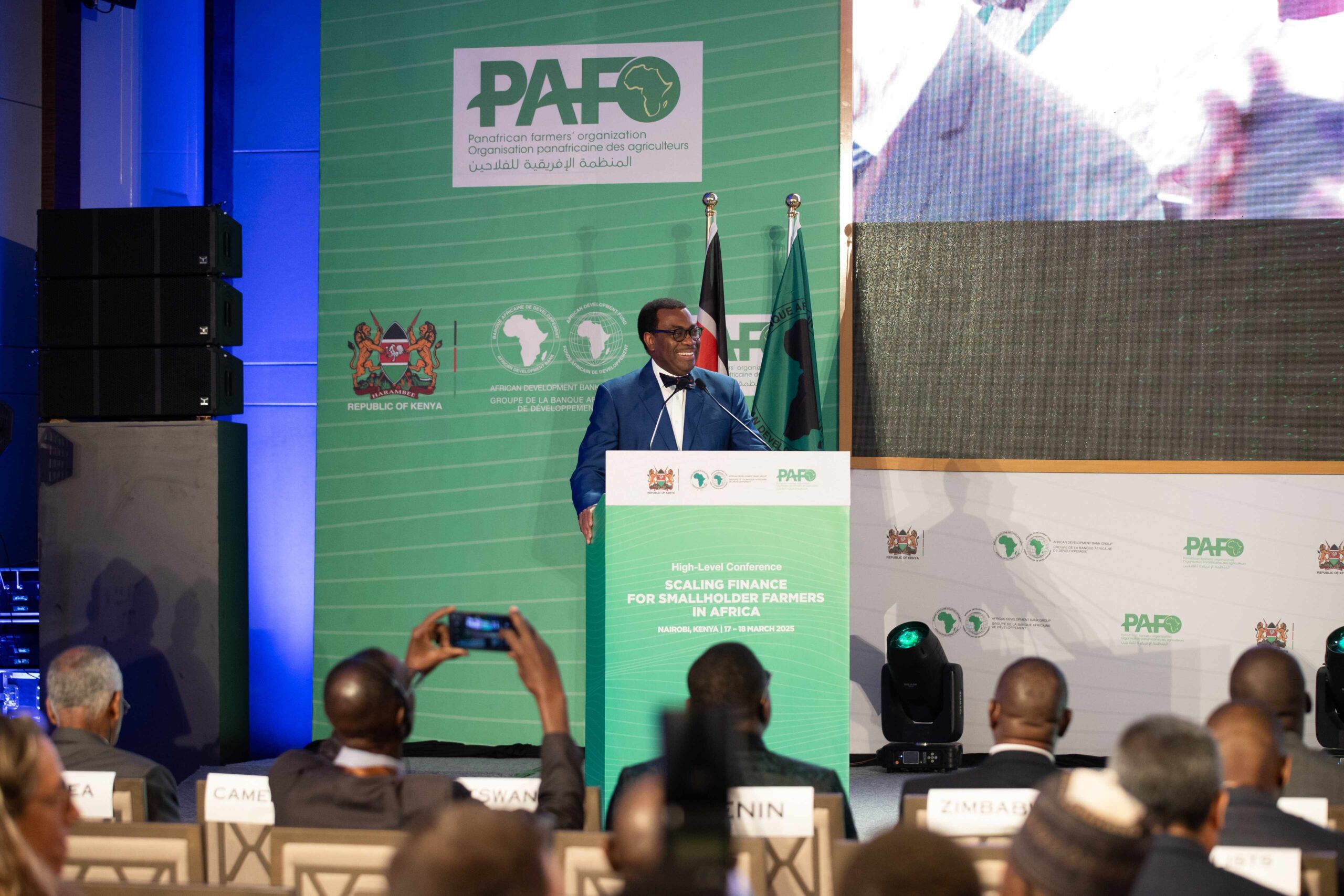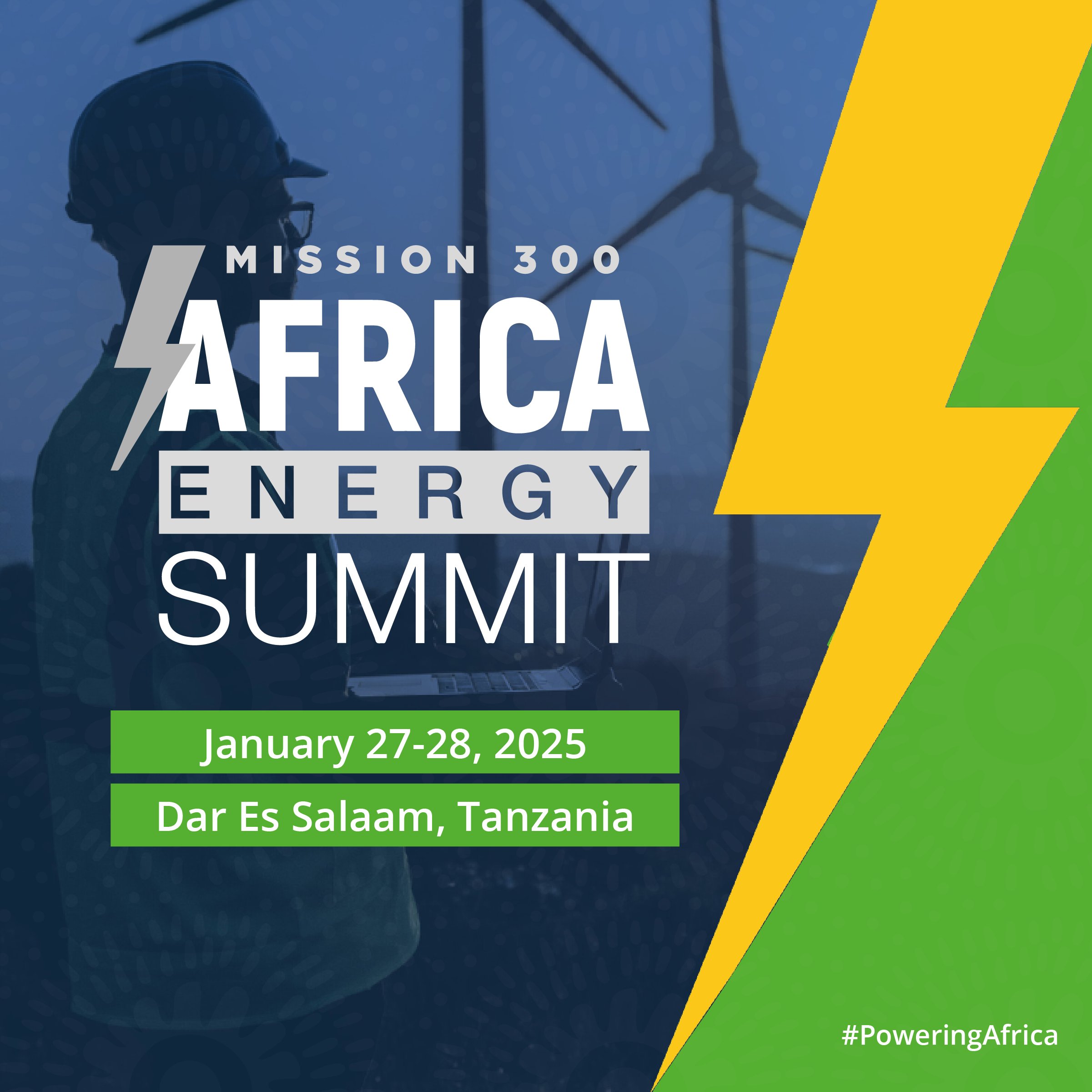

The United States Government, through USAID’s Bureau for Humanitarian Assistance, has provided a substantial contribution of US$118 million to the United Nations World Food Programme (WFP). This funding aims to provide life-saving assistance to over 1 million displaced people across seven countries in Eastern and Central Africa: Burundi, Djibouti, Kenya, the Republic of Congo, Rwanda, Tanzania, and Uganda.
The number of displaced individuals in the region has surged over the past four years, increasing from 13.2 million in 2020 to a staggering 26.5 million in 2024. This rise is largely attributed to ongoing conflicts, particularly the war in Sudan, which has forced record numbers of people to flee their homes. Additionally, extreme weather events, such as the 2020-2023 Horn of Africa drought, have exacerbated the crisis.
Laurent Bukera, WFP’s Regional Director for Eastern Africa, emphasized the importance of this timely support: “People who have lost their homes and livelihoods represent a significant portion of those WFP aims to reach across eastern Africa this year. This funding from the US is critical to ensure we can maintain support for these vulnerable displaced people, many of whom rely almost entirely on humanitarian assistance to survive.”
However, the growth in displaced populations has not been matched by a corresponding increase in resources, forcing WFP to make tough decisions about who receives food assistance and in what quantities. As a result, none of the displaced people supported by WFP in the region are receiving a full ration, which is equivalent to 2,100 kilocalories per person per day, due to funding constraints.
The US contribution will enable WFP to provide both cash transfers and in-kind food assistance to refugees, asylum seekers, returnees, internally displaced persons, and food-insecure host communities in the affected countries. In Rwanda, the funding will prevent a break in WFP’s refugee operation, ensuring that vulnerable populations continue to receive critical support through early 2025.
Country-Specific Support Details:
This US-funded initiative is essential to ensuring the continued provision of food and livelihood support for the most vulnerable populations in Eastern and Central Africa, helping them survive amidst the ongoing crises.


